Election tribunals stall as Pakistan’s 2024 vote fraud cases pile up
A year after Pakistan’s Feb. 8 elections, tribunals have yet to rule on key fraud cases, leaving results in dispute

Aamir Abbasi
Editor, Islamabad
Aamir; a journalist with 15 years of experience, working in Newspaper, TV and Digital Media. Worked in Field, covered Big Legal Constitutional and Political Events in Pakistan since 2009 with Pakistan’s Top Media Organizations. Graduate of Quaid I Azam University Islamabad.
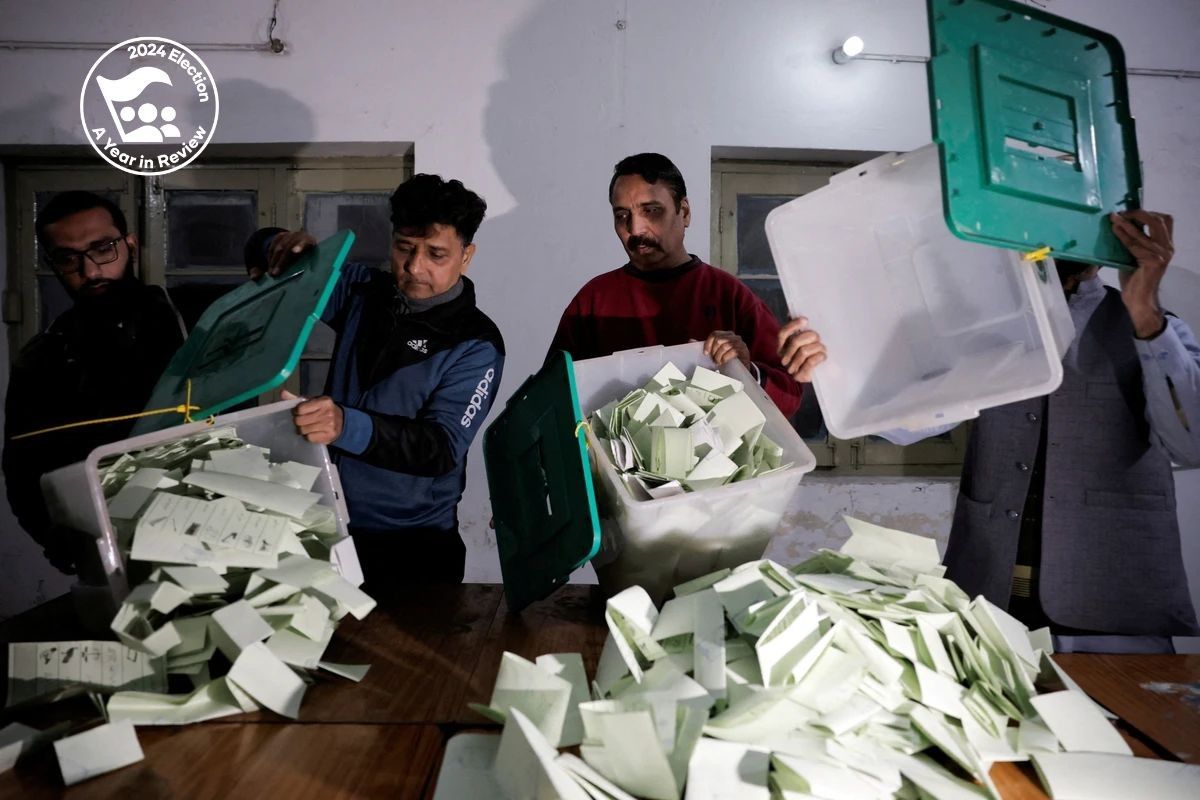
Polling staff empty a ballot box after polls closed at a polling station during the general election, in Lahore, Pakistan, February 8, 2024.
Reuters/File
A year after Pakistan’s general elections on Feb. 8, 2024, allegations of widespread fraud remain unresolved. For the first time, even third- and fourth-place candidates have claimed that declared winners were not actually successful.
Independent candidates backed by the Pakistan Tehreek-e-Insaf (PTI) were among the most vocal, alleging that their victories recorded on Form 45 were overturned in Form 47, which finalized the results. They accused election officials of shifting their votes to candidates from thePakistan Muslim League-Nawaz (PML-N) and the Pakistan Peoples Party (PPP).
The Election Commission of Pakistan (ECP) and courts directed candidates to take their complaints to election tribunals, which were specifically created to handle such disputes. However, a year later, many tribunals have yet to even decide whether the cases are admissible.
Disputes over election tribunals
Punjab saw the most election-related controversy, beginning with a dispute over the appointment of election tribunals. The ECP asserted its authority to form the tribunals, while then-Chief Justice of the Lahore High Court Malik Shahzad Ahmed Khan insisted that only the chief justice could appoint tribunal judges.
- YouTubewww.youtube.com
After Justice Malik was elevated to the Supreme Court, the deadlock ended when new Lahore High Court Chief Justice Aliya Neelum and Chief Election Commissioner Sikandar Sultan Raja held consultations. The government then introduced an ordinance, later enshrined in the Election Act 2017, allowing retired judges to serve on election tribunals.
Some legal experts believe this amendment was triggered by rulings from Islamabad High Court Judge Tariq Mehmood Jahangiri. As a tribunal judge, he ordered election authorities to submit original Form 45 documents and affidavits from candidates who had been declared winners. The ECP objected, claiming the process was being rushed.
Once the law was changed, the ECP transferred cases involving three Islamabad constituencies—NA-46, NA-47, and NA-48—from Justice Jahangiri’s tribunal to retired judge Abdul Shakoor Paracha in Rawalpindi. PTI-backed candidates Aamir Mughal, Shoaib Shaheen, and Ali Bukhari obtained a stay order against the transfer and challenged the amendments in court.
Slow progress in tribunals
Out of 430 election petitions filed nationwide, 198 came from Punjab, 100 from Balochistan, 87 from Sindh, and 42 from Khyber Pakhtunkhwa, according to the ECP. Despite legal provisions requiring election tribunals to decide cases within 180 days, many cases remain unresolved.
The Free and Fair Election Network (FAFEN), a civil society group, reported that nearly 30% of election petitions remain undecided even after a year.
Key figures in the ruling PML-N whose victories were challenged include party leader Nawaz Sharif, Defense Minister Khawaja Asif, Privatization Minister Aleem Khan, Religious Affairs Minister Chaudhry Salik, Prime Minister’s Adviser on Sports Aun Chaudhry, and Punjab Chief Minister Maryam Nawaz.
Independent PTI-backed candidates claim that Form 45 showed their victories but that Form 47 declared PML-N candidates as winners. Most of the PTI-backed petitioners are either in jail or in hiding due to criminal cases.
Legal experts warn that resolving these disputes could take years. In the meantime, tribunals are dismissing cases on technical grounds, such as incomplete documentation, rather than examining the merits of the fraud allegations.
With no clear resolution in sight, Pakistan’s 2024 election controversy continues to cast a shadow over the country’s political and judicial systems.

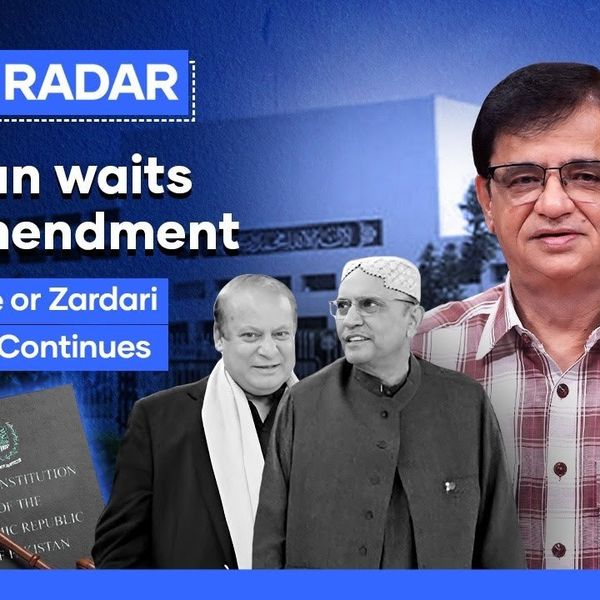
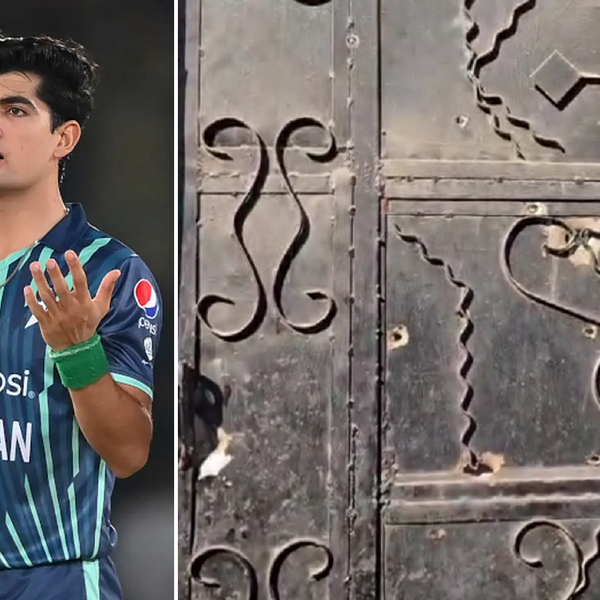
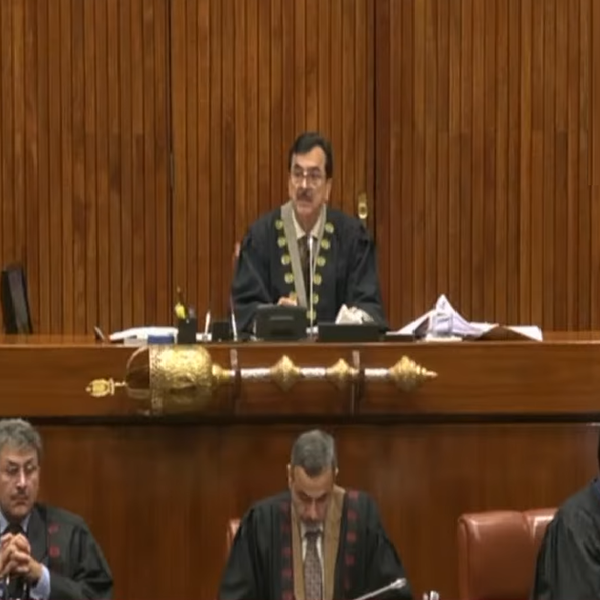
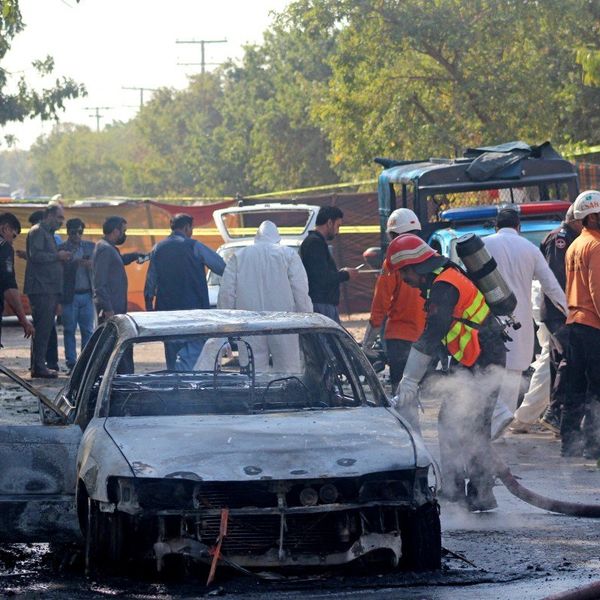




Comments
See what people are discussing